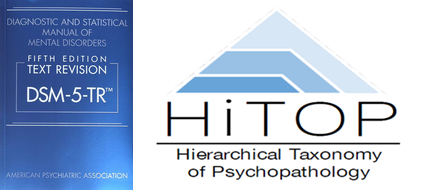For decades, the DSM has provided the framework for diagnosing mental health conditions despite ongoing criticism about its categorical approach to complex mental states. The HiTOP model, which adopts a dimensional perspective of mental disorders, is being championed by some as a more nuanced and scientifically grounded system.
However, recent critical analyses by psychologists, including Gerald J. Haeffel, suggest that HiTOP may replicate some of the DSM’s fundamental issues, casting doubt on its readiness for clinical application.
Haeffel argues:
“If clinical psychology is going to change the basis for how mental illness is conceptualized, assessed, and treated, then the new system should be better than the old system. At some point, this means moving on from the like-goes-with-like symptom approach to classification and focusing on more progressive, dynamic, novel, and diverse classification strategies and theories.”
The debate centers on whether HiToP’s method of classifying symptoms into a structured hierarchy truly captures the empirical complexities of psychopathology or merely reshuffles the limitations of the DSM into a new format. Critics argue that HiToP, while theoretically appealing, has not yet proven superior in practice, potentially stalling advances in how mental health professionals understand and treat mental and emotional distress. This ongoing discussion highlights a crucial juncture in the field of clinical psychology: the search for a diagnostic system that not only addresses the flaws of the past but also paves the way for more effective treatments.















